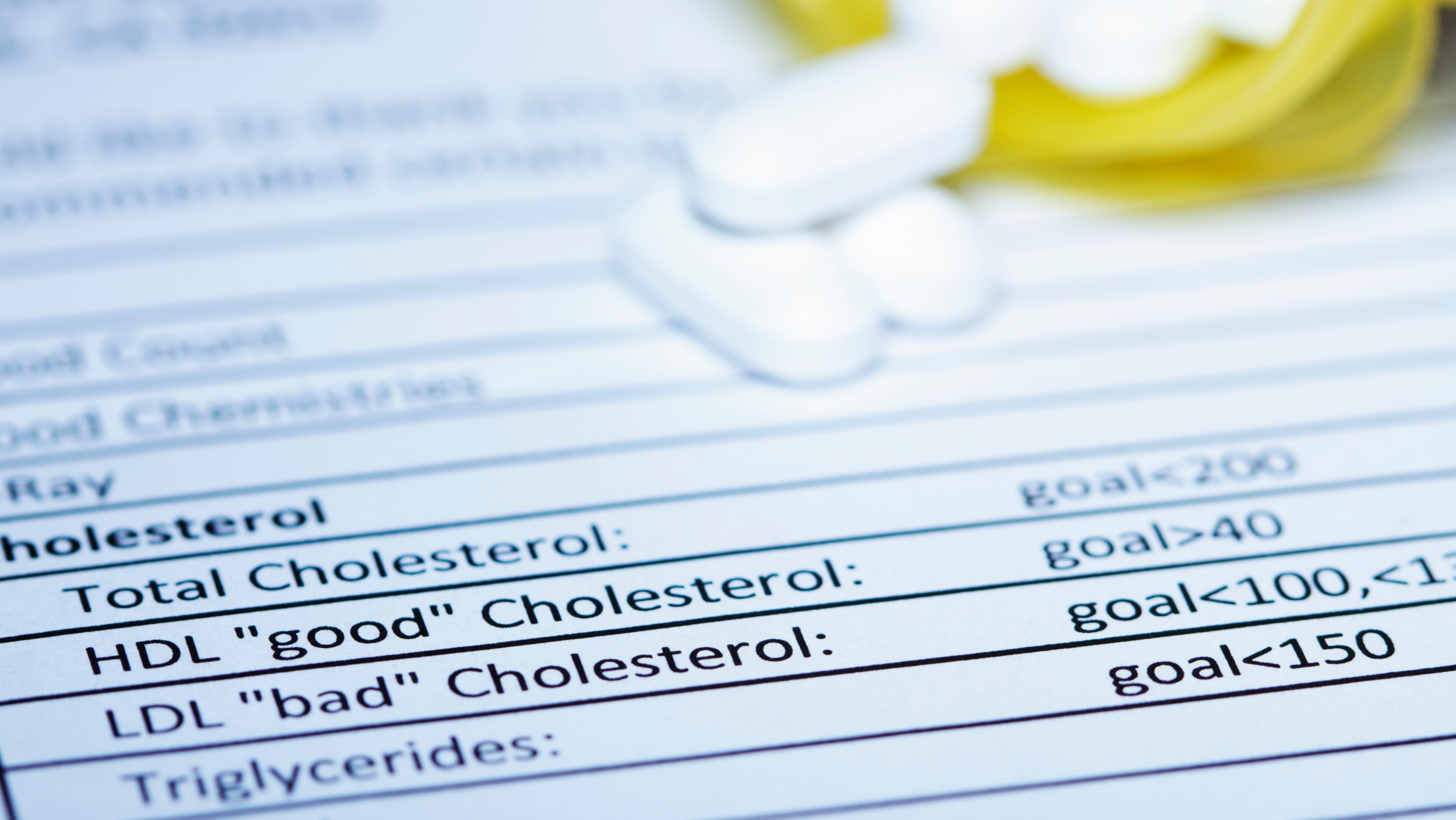DoM's Dr. Paolo Raggi and others identity remnant cholesterol as a strong risk factor for cardiovascular disease
16 October 2023

By Bev Betkowski, Folio
“Bad” cholesterol isn’t the only culprit linked with a higher risk of cardiovascular disease, according to a trio of recent University of Alberta studies — including landmark global research — showing that a different kind of cholesterol is also a strong risk factor for people worldwide.
Remnant cholesterol (RC) was confirmed as a strong risk factor for coronary heart disease, heart attacks and stroke, the largest of the studies showed. RC is produced from the metabolism of triglycerides that come from sources of dietary fat and from the body’s own stores of cholesterol particles.
Using genomic data from a combined sample of almost one million participants — spanning Africa, Asia, North America and Europe — the findings are the first to show, on such a large scale, a causal link between high RC and risk of cardiovascular illness.
“This tells us that the health risk posed by high RC is of greater concern than the traditional LDL cholesterol which is our current goal of prevention and therapy,” says Paolo Raggi, senior author of the study and professor of cardiology in the Faculty of Medicine & Dentistry.
The researchers found that having elevated RC led to a 1.5 times higher risk for coronary heart disease, a 1.6 times higher risk of heart attack and a 1.2 times higher risk of stroke.
A fuller picture of cardiovascular risk
Two studies drawing on Alberta data are also the first to confirm the relationship — and highlight the risk — of heart disease and high RC for the Canadian population.
High RC levels were linked with greater risk of developing heart disease, according to one of the studies, involving 14,000 middle-aged and older Albertans.
Additionally, the levels of RC were high regardless of whether people were already on medication for, or had normal or low levels of low-density lipoprotein cholesterol (LDL-C), commonly known as “bad” cholesterol, the research showed.